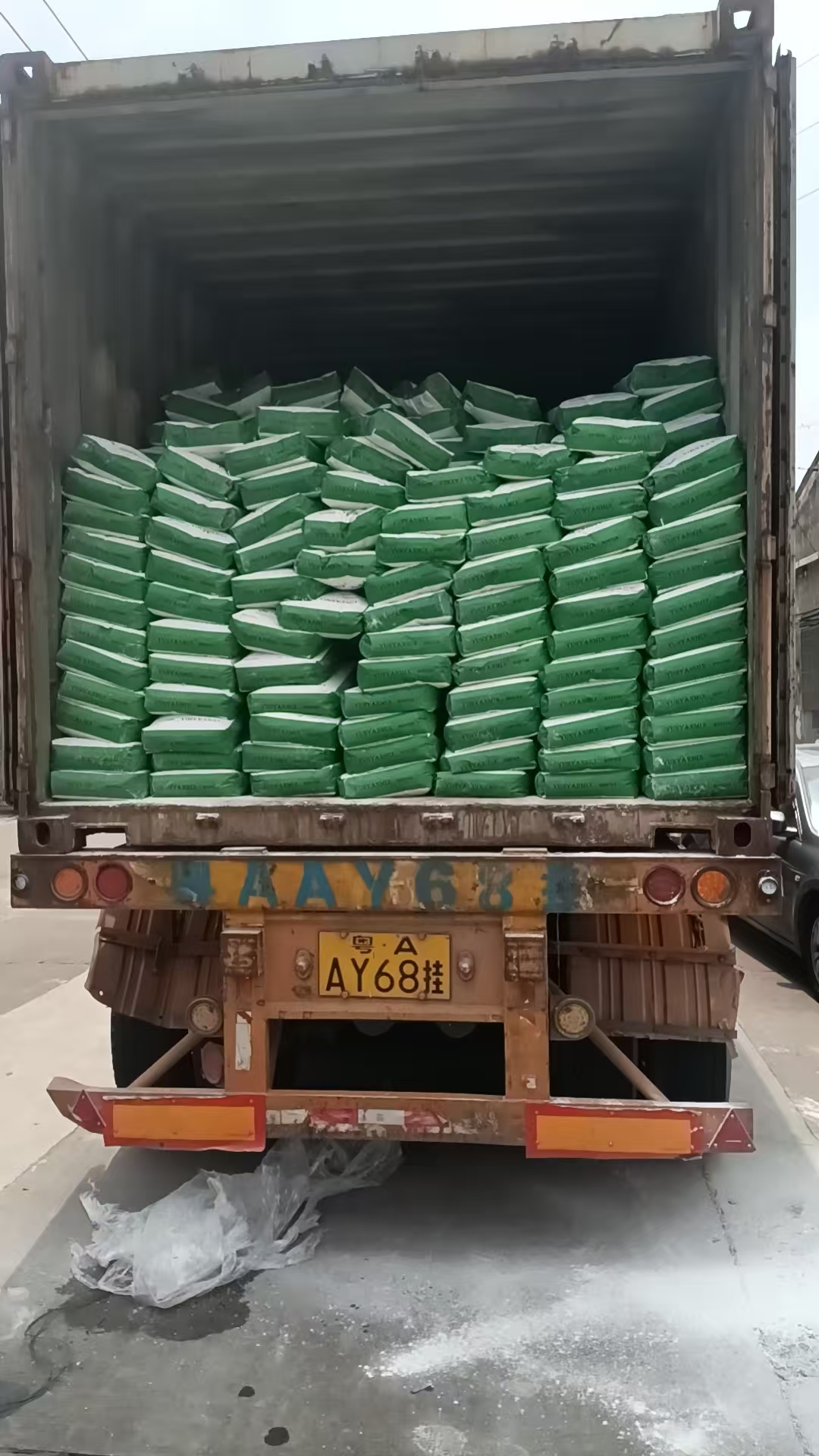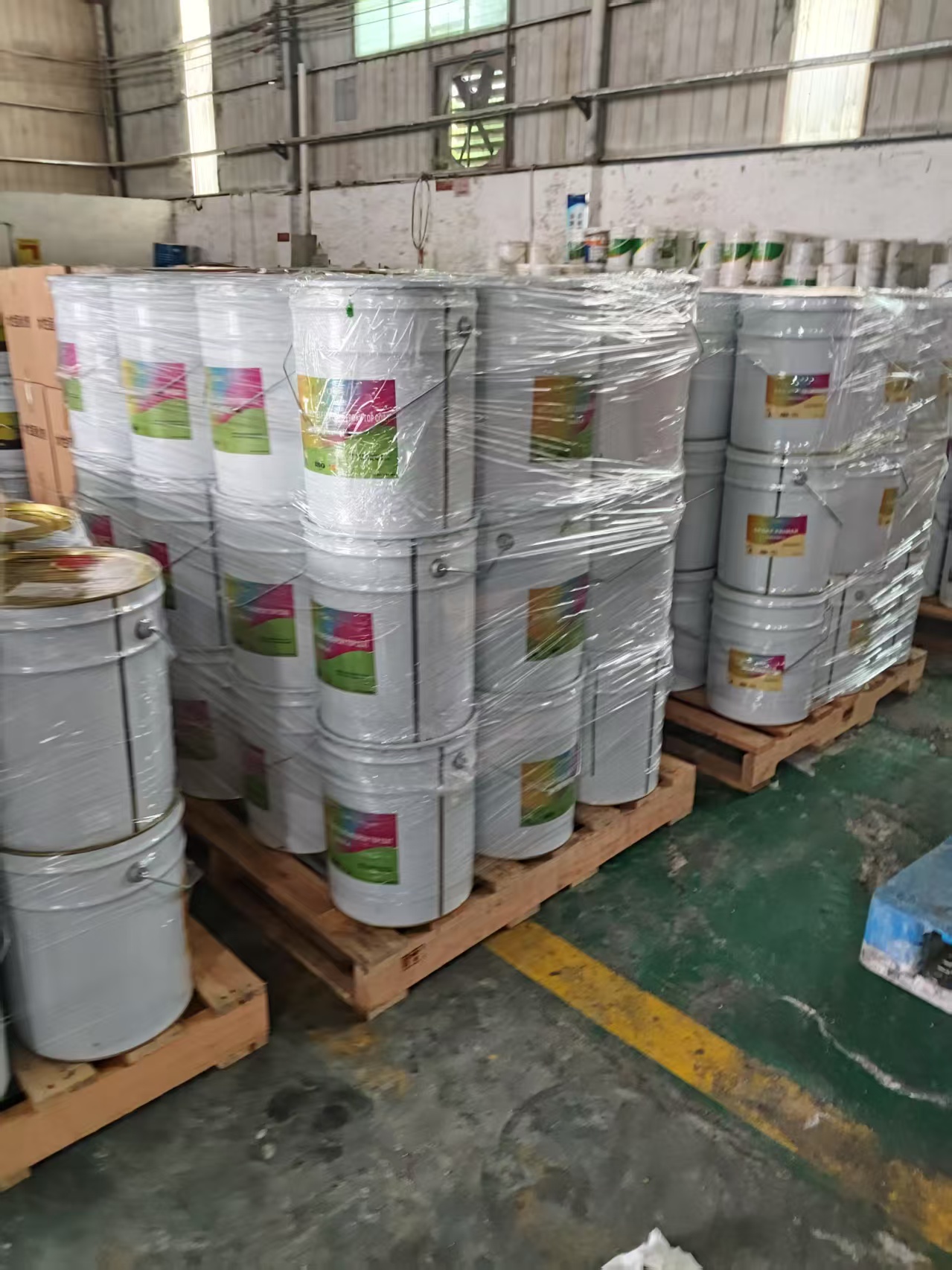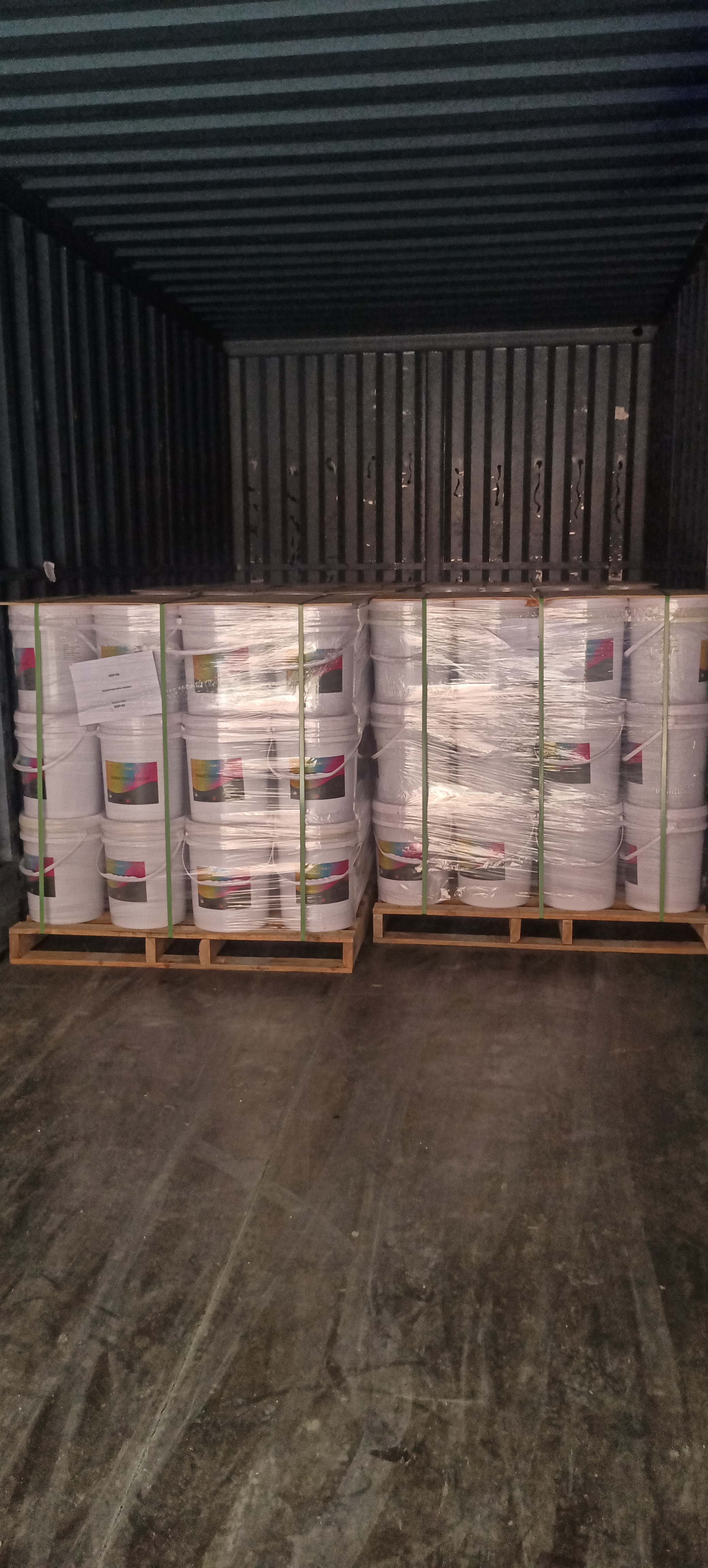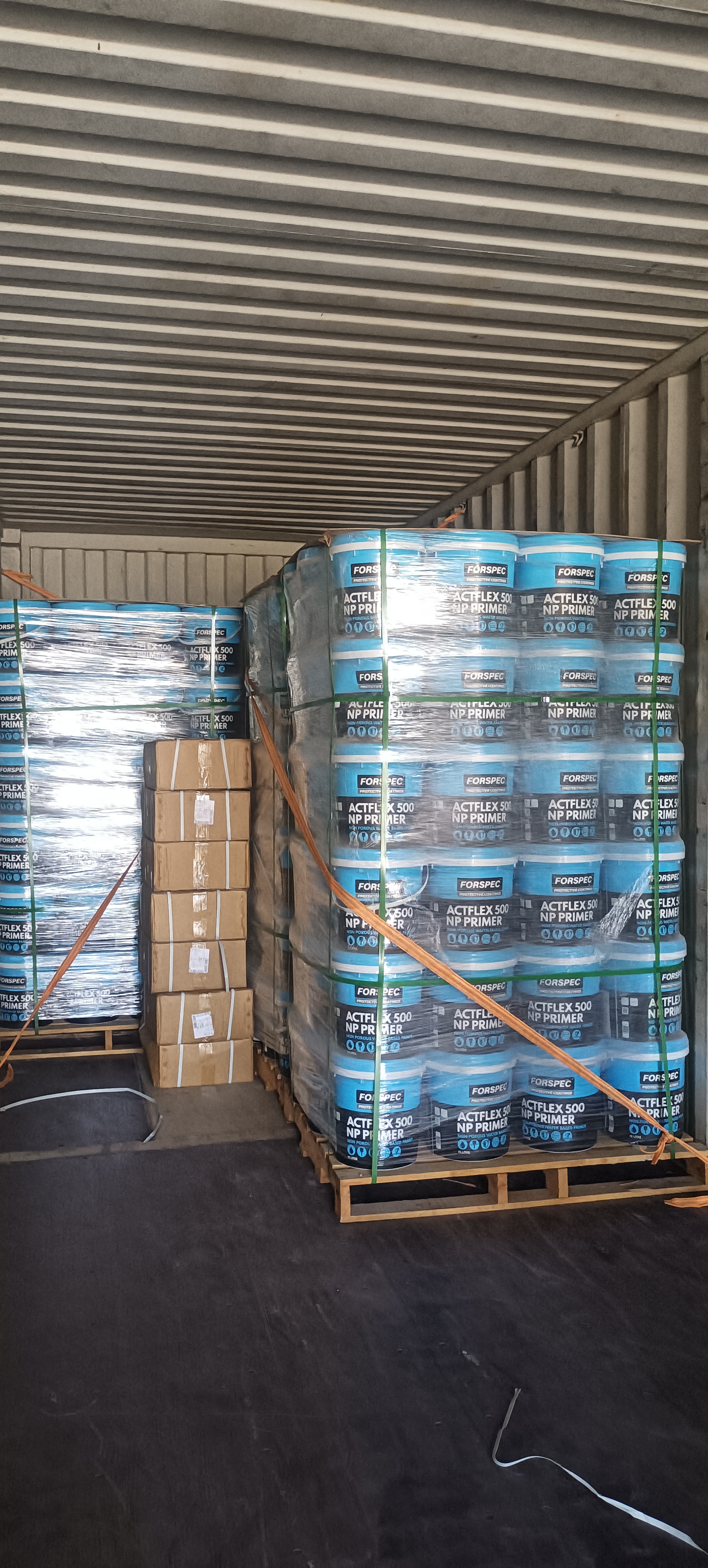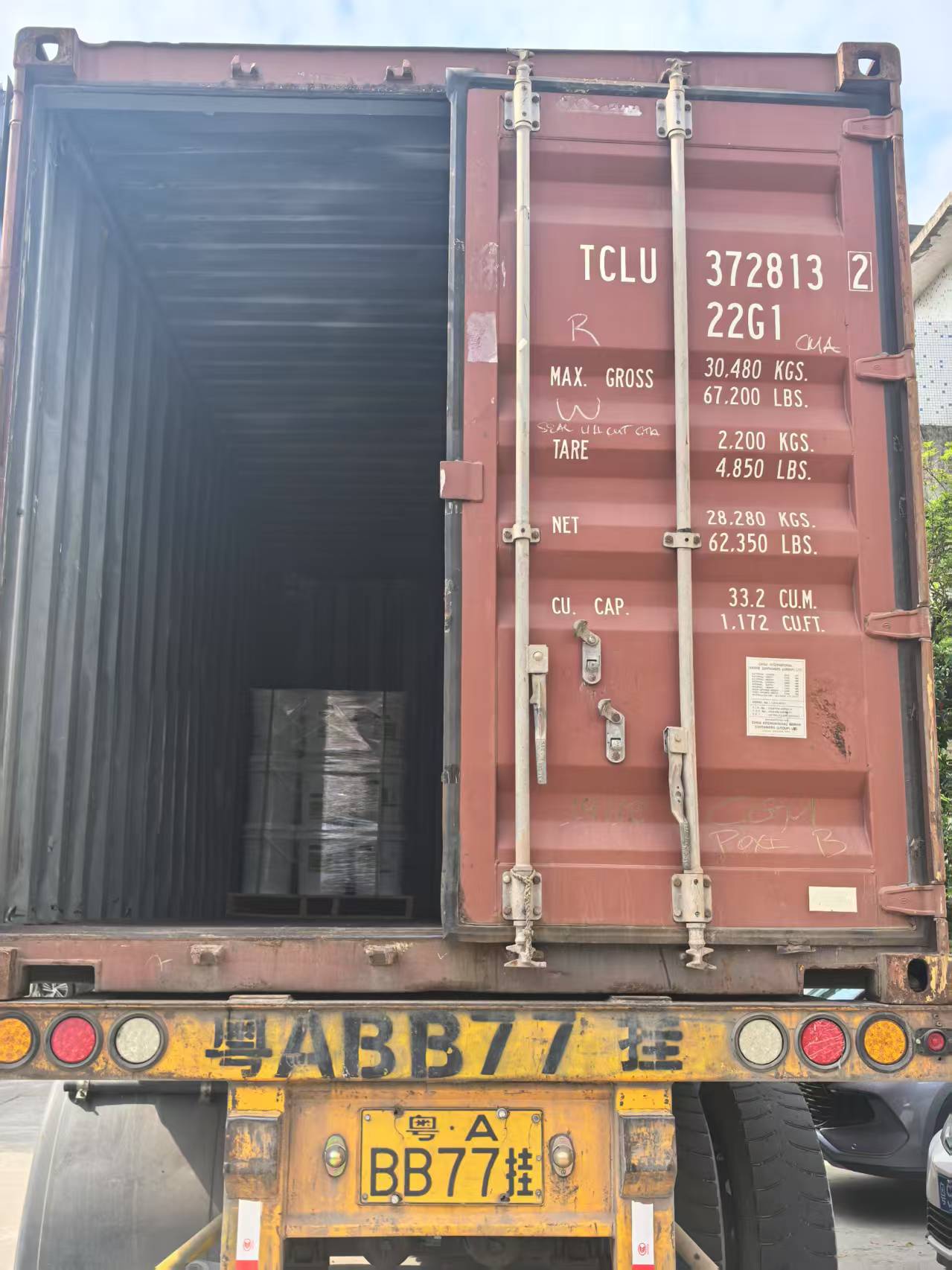Mr Fred came to my factory and looking for new building chemicals such as negative waterproof for wall, rigid waterproof slurry for bathroom, elastomeric waterpoor slurry for floor and roof and C2TE tile adhesive for porcelaine tile and CG2 Tile grout. He got used to order one container of exterior skim coat wall putty each year, this year he has got 500 house to build so he is interested to order more items from us. more informations please go through: http://www.yunyunchina.com
The Foundation of a Dry and Durable Home
Preventing water damage is a critical aspect of any construction or renovation project, especially in areas constantly exposed to moisture. A successful waterproof mortar application is the cornerstone of protecting your structure from leaks, mold, and costly long-term repairs. Whether you are tiling a shower, finishing a basement, or protecting an exterior wall, understanding how to use these specialized products is essential for achieving a durable, water-resistant finish that lasts for years. This guide will explore the fundamentals of waterproof mortar, its key applications, and how to select the right product for your specific needs.
Understanding Waterproof Mortar
At its core, waterproof mortar is a cement-based product enhanced with specific polymers and additives that give it hydrophobic, or water-repelling, properties. Unlike standard mortar, which can absorb and transmit water, this specialized formula creates an impermeable barrier. These materials are a vital category within the broader range of waterproofing products available to builders and homeowners. The added polymers not only block water but also improve the mortar's flexibility, adhesion, and overall durability, making it less prone to cracking under minor structural shifts. This dual-action capability—providing both structural bonding and a water-tight seal—makes it an invaluable material in modern construction.
Where to Use Waterproof Mortar: Critical Applications
Waterproof mortar's versatility makes it suitable for numerous applications. One of its most common uses is as a waterproof mortar for bathrooms. In shower pans, on shower walls, and beneath floor tiles, it forms a continuous membrane that prevents water from seeping into the subfloor and wall cavities. It is also highly effective for waterproofing interior walls, particularly in basements or other below-grade spaces that are susceptible to hydrostatic pressure from surrounding soil. Furthermore, many formulations are designed to act as a high-performance waterproof tile adhesive. This ensures that tiles in wet environments like pools, patios, and kitchens not only adhere strongly but are also part of a comprehensive waterproofing system, protecting the substrate from moisture penetration.
Selecting the Best Waterproof Mortar for Your Project
Choosing the best waterproof mortar depends on the specific demands of your project. Key factors to consider include the type of substrate you are applying it to (e.g., concrete, backer board), the level of water exposure, and the required flexibility. For high-stakes areas like a shower floor or a swimming pool, investing in a premium waterproof mortar is highly recommended. These top-tier products often feature a higher concentration of polymers, offering superior adhesion, greater crack resistance, and sometimes faster curing times. Always read the manufacturer's specifications to ensure the product is compatible with your project's materials and environmental conditions. Some mortars are designed for thin-bed applications, while others are intended as thicker plaster or render coats.
Tips for a Successful Waterproof Mortar Application
A flawless application is just as important as selecting a quality product. The first step is meticulous surface preparation. The substrate must be clean, structurally sound, and free of any dust, grease, or loose particles that could compromise adhesion. Next, mix the mortar strictly according to the manufacturer's instructions, adding the precise amount of water or liquid polymer to achieve a smooth, lump-free consistency. Apply the mortar evenly with a suitable trowel, ensuring you achieve the recommended thickness for an effective barrier. Finally, allow the mortar to cure completely for the specified time before tiling over it or exposing it to water. Rushing this final step is a common mistake that can lead to system failure and defeat the purpose of using a specialized waterproof product.
The Long-Term Value of Proper Waterproofing
Ultimately, taking the time to properly select and apply waterproof mortar is an investment in the longevity and health of your property. By creating a robust and impermeable barrier, you are actively preventing the kind of chronic water damage that leads to structural decay, rot, and the growth of harmful mold and mildew. Whether you are a professional contractor or a DIY enthusiast, using a high-quality or premium waterproof mortar provides peace of mind and ensures that wet areas in your home remain safe, dry, and beautiful for years to come.


